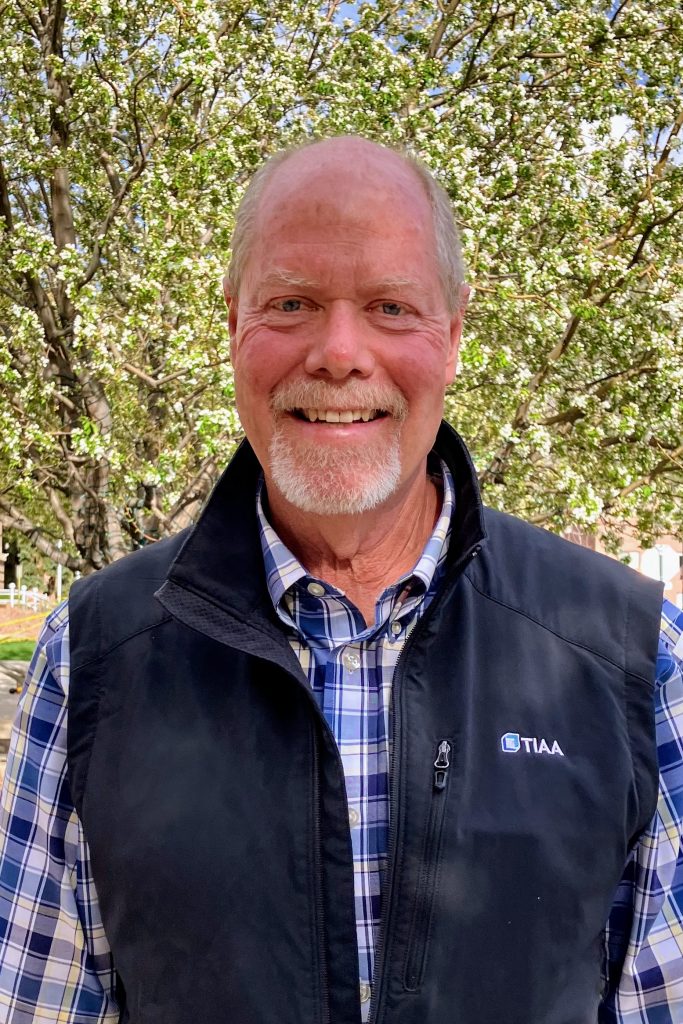Guest column: Addressing homelessness in Glenwood Springs
Glenwood Springs City Council member

Courtesy
Homelessness is one of the most visible and nuanced challenges facing Glenwood Springs and communities across the nation. While our city is not alone in confronting this issue, we know that local impacts demand local leadership. That’s why the Glenwood Springs City Council and staff are committed to addressing homelessness through a coordinated, legal and safety-first approach.
To residents who believe we’re being callous toward folks on hard times – please know that we make it a point to offer to get folks connected to available nonprofit resources. Sometimes that offer is accepted and sometimes folks are not interested in participating in programs such as help finding housing, mental health services, substance abuse treatment and others.
To residents who believe we should be tougher on folks – people have rights protected by the Constitution and it is not a crime to be homeless. We have and continue to enforce illegal conduct within our jurisdiction. We closely follow rulings at the federal level to understand the evolving legal landscape and its potential impacts but strive to keep enforcement separate from politics.
What we’re doing
Our priority is to ensure Glenwood Springs remains safe, clean and welcoming for all residents, businesses and visitors — while also responding compassionately to those in crisis. Being unhoused is not illegal; however, certain behaviors, regardless of a person’s housing status, may violate city ordinances. The City’s enforcement approach is based on conduct and local laws, not status. To address homelessness in our community, we are committed to strengthening efforts across six focus areas:
- Balanced enforcement of local ordinances, ensuring due process and dignity.
- Communication to connect individuals to services before enforcement is required.
- Support for relocation when feasible and appropriate.
- Reducing attractants in public spaces, such as unsecured propane tanks or abandoned items, to deter encampments.
- Refining ordinances to improve enforcement tools.
- Partnering with state and regional entities to expand the reach of our response.
This year, we allocated $26,250 for encampment cleanups and invested in environmental cleanup services to handle biohazard waste and debris from camps, many of which are located in environmentally sensitive areas near the river or public trails. At the same time, we have enhanced fire mitigation and public health strategies, particularly as unmanaged camps increase risks in our wildland-urban interface.
Respecting rights, upholding safety
As we look at options, Glenwood Springs must operate within the boundaries of the law, including recent federal rulings. The U.S. Supreme Court decision in Grants Pass v. Johnson affirms our ability to enforce camping bans, provided enforcement is directed at conduct, not homelessness itself.
We also recognize the constitutional rights of all individuals. The First Amendment protects freedom of speech, assembly, and religious expression, including the right to share food in public parks. Enforcement actions, therefore, must be narrowly tailored and respect civil liberties.
Our police, fire, and parks and recreation staff are trained to respectfully and lawfully interact with unhoused individuals. As Chief Joseph Deras explained in our recent town hall, “We enforce conduct, not someone’s social status. Unless behavior violates a specific law, we can’t act on it.”
What we can’t do
Legally, the City cannot criminalize homelessness. We also cannot force individuals to accept services or shelter. Many unhoused individuals decline help, preferring to live outside for reasons ranging from mental illness to personal choice.
We are also constrained by financial and jurisdictional limitations. Encampment cleanup is costly, and outreach requires trained professionals. At this time, providing shelters or services beyond our means would require major policy changes or external funding support.
What we’re exploring
In response to resident concerns, City Council is reviewing potential policy changes, including a possible adjustment to camping boundaries and a proposal to tax propane canisters commonly used in unsanctioned camps. These ideas are still under consideration, and no final decisions have been made.
We have been asked if creating a formal shelter or a designated area are options, and these are points of discussion. However, especially given severe constraints on our general fund and mixed public opinion, they are unlikely possibilities for the near future.
Meanwhile, we continue to invest in affordable housing, with projects like The Benedict (34 units for seniors) and Canyon Vista (80 units for mixed-income residents). These projects serve individuals earning 30-80% of the area median income (AMI) and represent a critical step toward preventing homelessness before it starts.
What you can do
Homelessness affects us all, and community members have a role to play. Here’s how you can help:
- Secure your propane tanks and outdoor items to prevent camps from forming.
- Report illegal behavior, specifically any conduct that breaks the law and not just the presence of a person.
- Give responsibly. Rather than handing money to panhandlers, consider donating to local nonprofits that provide services and shelter.
- Stay informed. If you missed the City’s July town hall on homelessness, the full recording is available in English and Spanish on our YouTube channel at gwsco.info/homelessness.
A community-wide challenge
This is a volatile issue that affects all of us, and the City of Glenwood Springs is not alone in addressing these challenges. Across Colorado, other cities have found success through collaboration, targeted support, and persistent community engagement. I invite you to reach out to City Council to share your thoughts, experiences, and concerns.
We recognize that there is no silver bullet to “end” homelessness. But together, we can work towards making it rare, brief, and non-recurring. That’s the future we envision for Glenwood Springs.
For more information and resources, visit gwsco.info/homelessness or dial 2-1-1 to get connected to essential health and human services in our community.
Dave Townsley is one of two at-large Glenwood Springs City Councilors. He has served on City Council since April 2025. City Council can be reached at CityCouncil@cogs.us.

Support Local Journalism

Support Local Journalism
Readers around Glenwood Springs and Garfield County make the Post Independent’s work possible. Your financial contribution supports our efforts to deliver quality, locally relevant journalism.
Now more than ever, your support is critical to help us keep our community informed about the evolving coronavirus pandemic and the impact it is having locally. Every contribution, however large or small, will make a difference.
Each donation will be used exclusively for the development and creation of increased news coverage.









